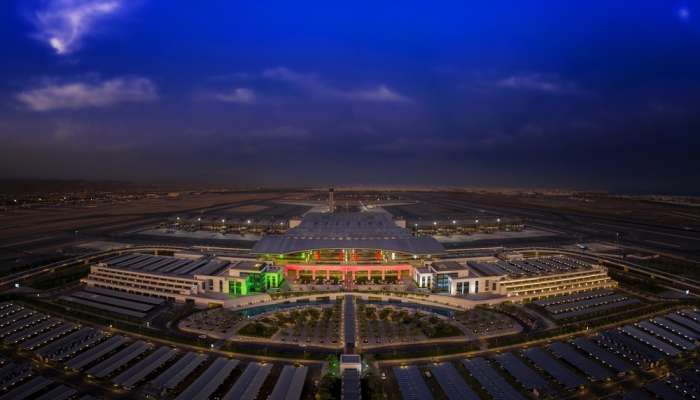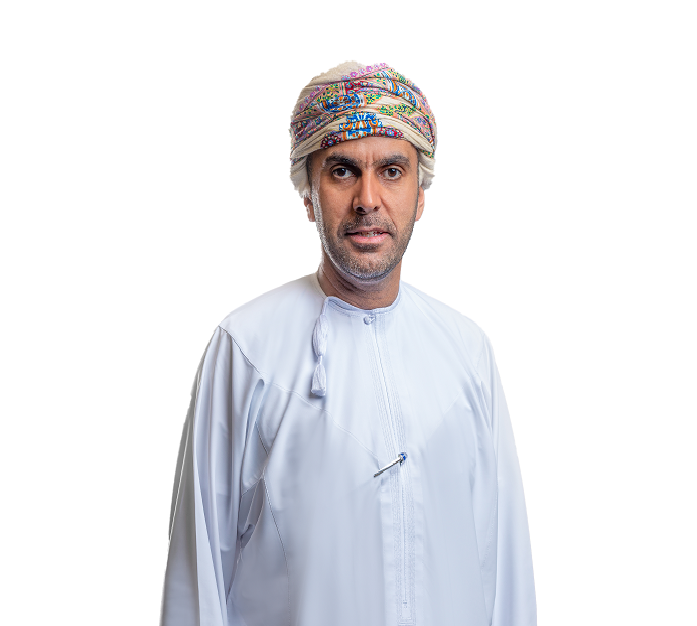
Muscat: The Sultanate of Oman, represented by Oman Airports, will host the first GCC Airports CEOs Forum at St. Regis Al Mouj, Muscat, on Wednesday, September 18, with the participation of the CEOs of GCC airports.

This forum, in its inaugural edition this year, is part of the efforts to deepen cooperation between the airports of the Gulf Cooperation Council (GCC) countries, aiming to drive economic growth and develop the aviation and air transport sector in the region, benefiting the people of the GCC and enhancing economic integration.
The forum is being held to support the shared goals of GCC countries, fostering bilateral coordination between their institutions in response to the aspirations of GCC leaders to achieve comprehensive and sustainable economic development.
It aligns with the Gulf region’s strategic focus on investing in infrastructure and improving services to accommodate the expected growth in air travel and aviation, alongside the joint committees and ongoing work plans in the airport sector.
Sheikh Aimen bin Ahmed Al Hosni, CEO of Oman Airports, welcomed the participation of the CEOs of GCC airports in this forum, which has been designed as a vital platform to strengthen cooperation and integration between the Gulf airports.
He affirmed that the forum reflects the commitment of the aviation sector in Oman and the Gulf countries to joint efforts within a comprehensive vision for developing services and infrastructure in the sector, driving sustainable development in the region.
Al Hosni stated: "The GCC Airports CEOs Forum will provide an important opportunity to explore cooperation in areas such as innovation, digital transformation, and the exchange of expertise in human resources and talent development. The forum will also discuss ways to enhance safety and security at airports, as well as tapping into the potential of young people in areas of innovation and institutional excellence."
Al Hosni, who served as Chairman of the Airports Council International (ACI) from 2020 to 2023, added: "The airports of the GCC have seen remarkable progress in recent years and have demonstrated their ability to overcome challenges. They have managed to rapidly return to pre-pandemic levels, even surpassing them, which reflects the strength of strategic planning and continuous investment in this vital sector."
He also pointed out that reports from international institutions, such as Fitch Ratings, confirm that the aviation sector in the GCC continues to grow, supported by massive investments and ambitious infrastructure plans. This enhances financing opportunities and accelerates development.
He explained that air travel across GCC airports increased by 20% in 2023 compared to the previous year, surpassing pre-COVID-19 levels by 8%. The plans of the GCC countries aim to double air traffic by 2030 through the development of infrastructure and the enhancement of operational capacities.
Al Hosni also praised Oman's plans to add six new airports by 2028-2029, which will increase the airports' capacity to around 50 million passengers annually.
He highlighted that this plan aligns with the goals of Oman Vision 2040, aimed at enhancing infrastructure and developing the transport sector to support sustainable development and strengthen the Sultanate's position as a regional hub for air transport.
He added that Muscat and Salalah airports have witnessed significant growth in passenger numbers, noting that the government is investing millions of Omani riyals in developing the infrastructure of the transport and aviation sectors to ensure the sustainability of this growth.
GCC airports are among the most strategically important hubs in the global aviation sector due to their unique geographical location, connecting continents and serving as key links in international air traffic.
The expected GCC aviation bloc, which may be formalised during this forum, will strengthen the global standing of these airports by consolidating joint cooperation and developing infrastructure, opening the door to broader economic and investment opportunities.
This regional collaboration not only enhances economic integration among GCC countries but also contributes to supporting sustainable growth and developing the aviation sector for future generations, ensuring that Gulf countries continue to hold a leading position in this critical field at both regional and international levels.